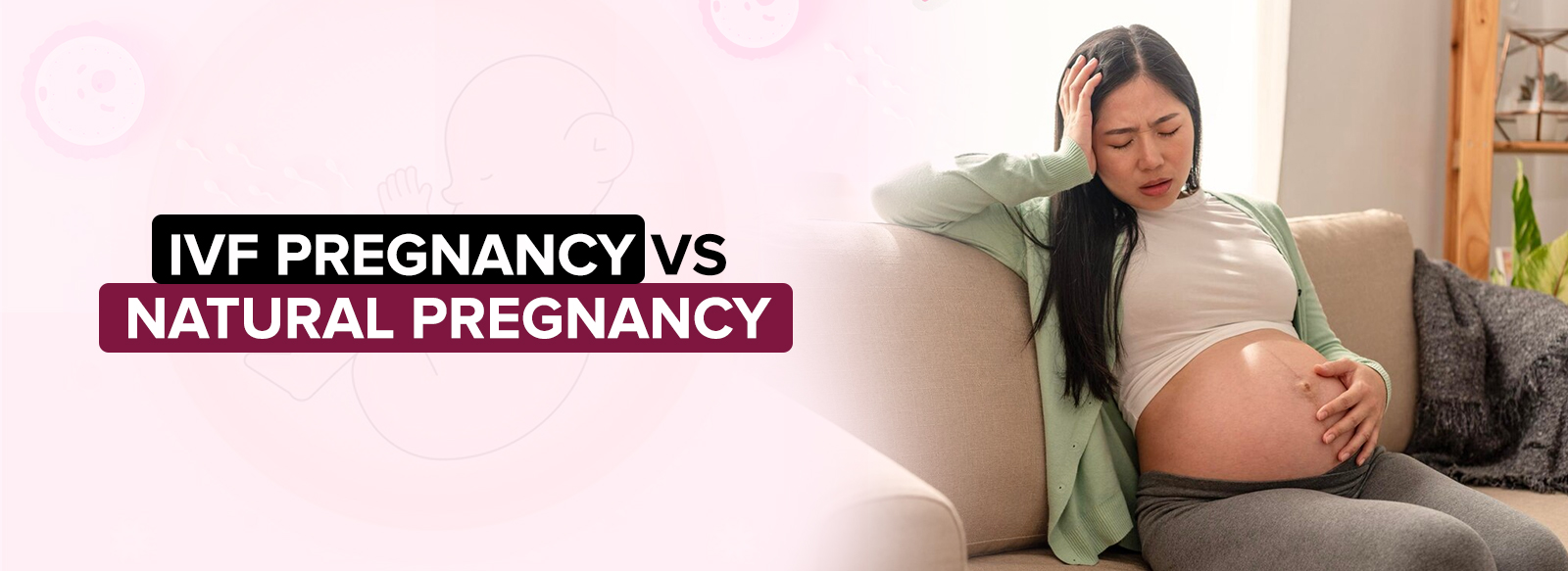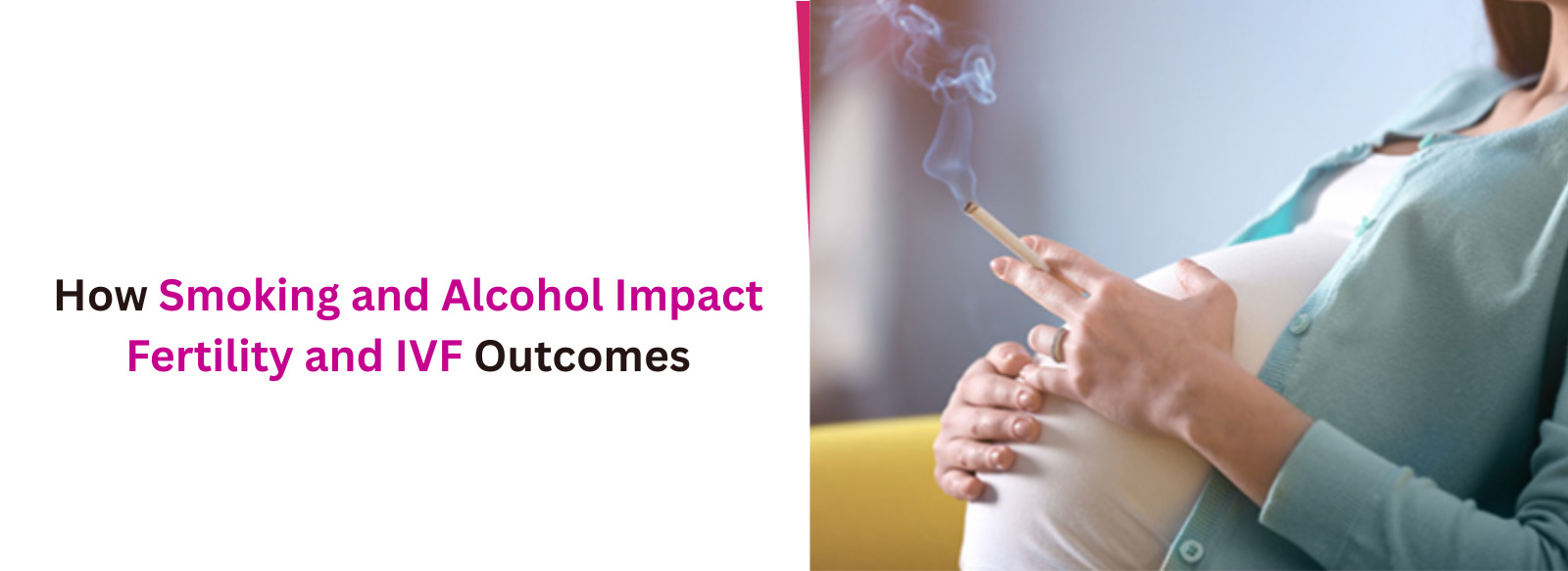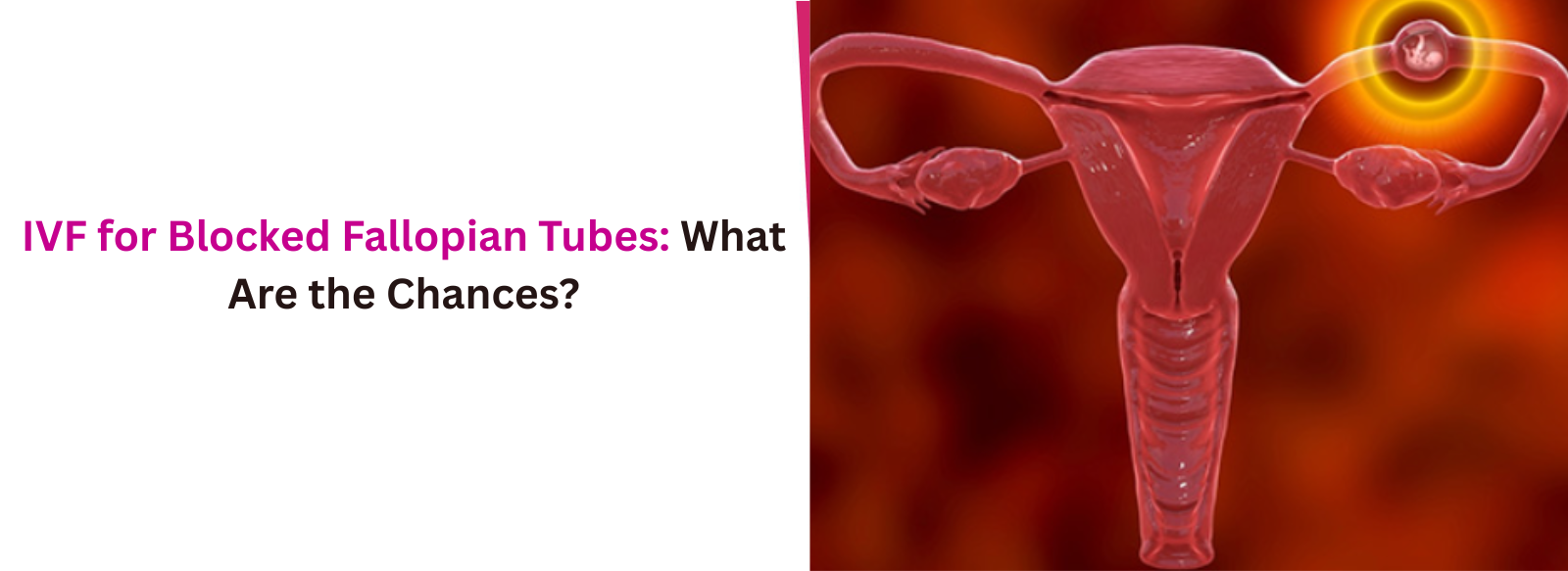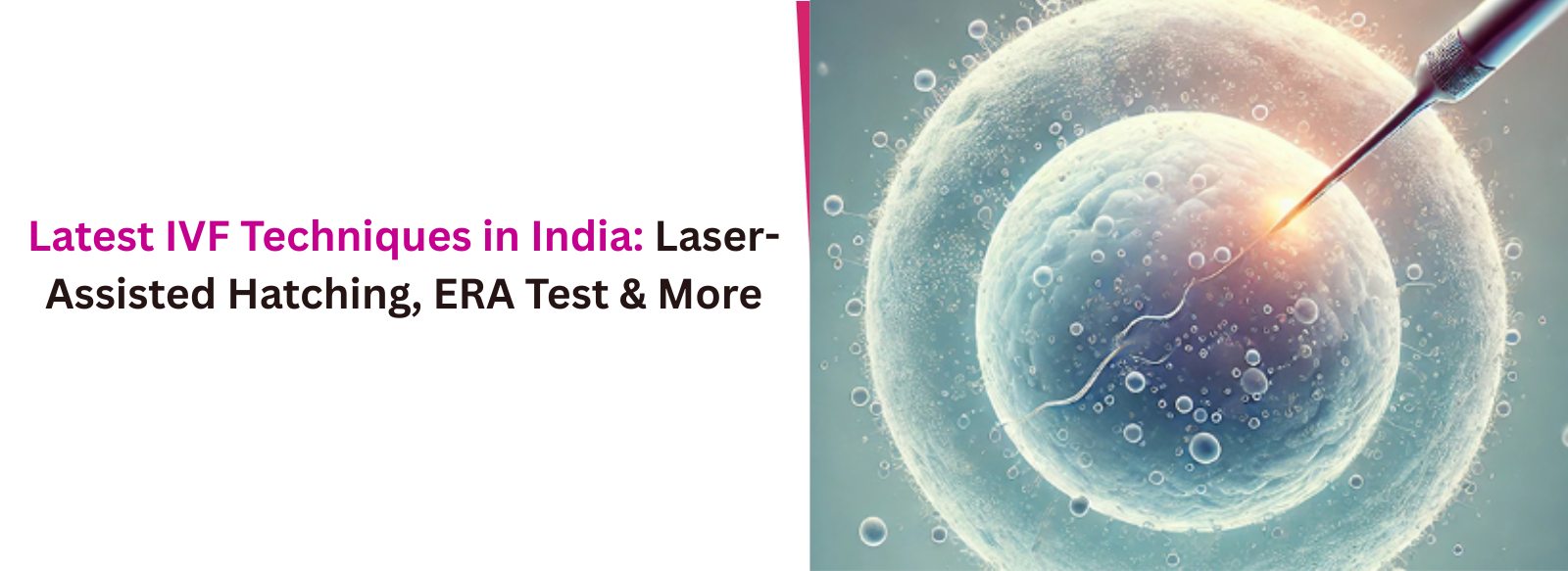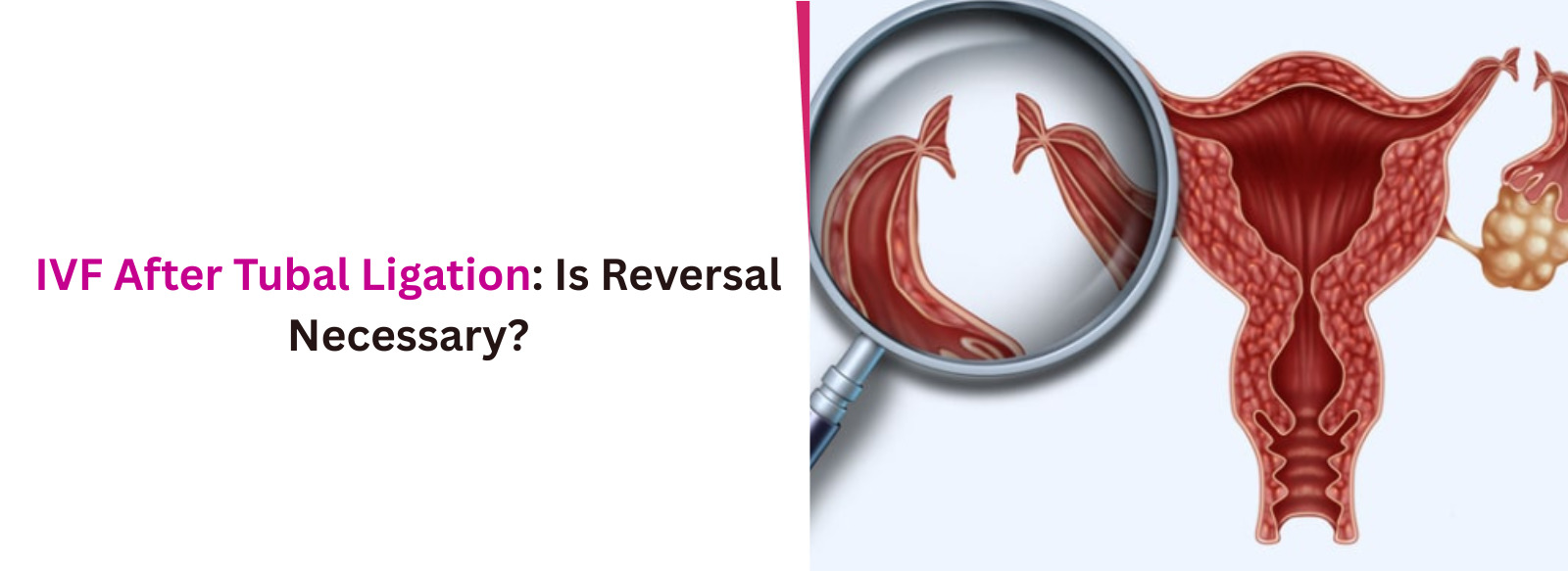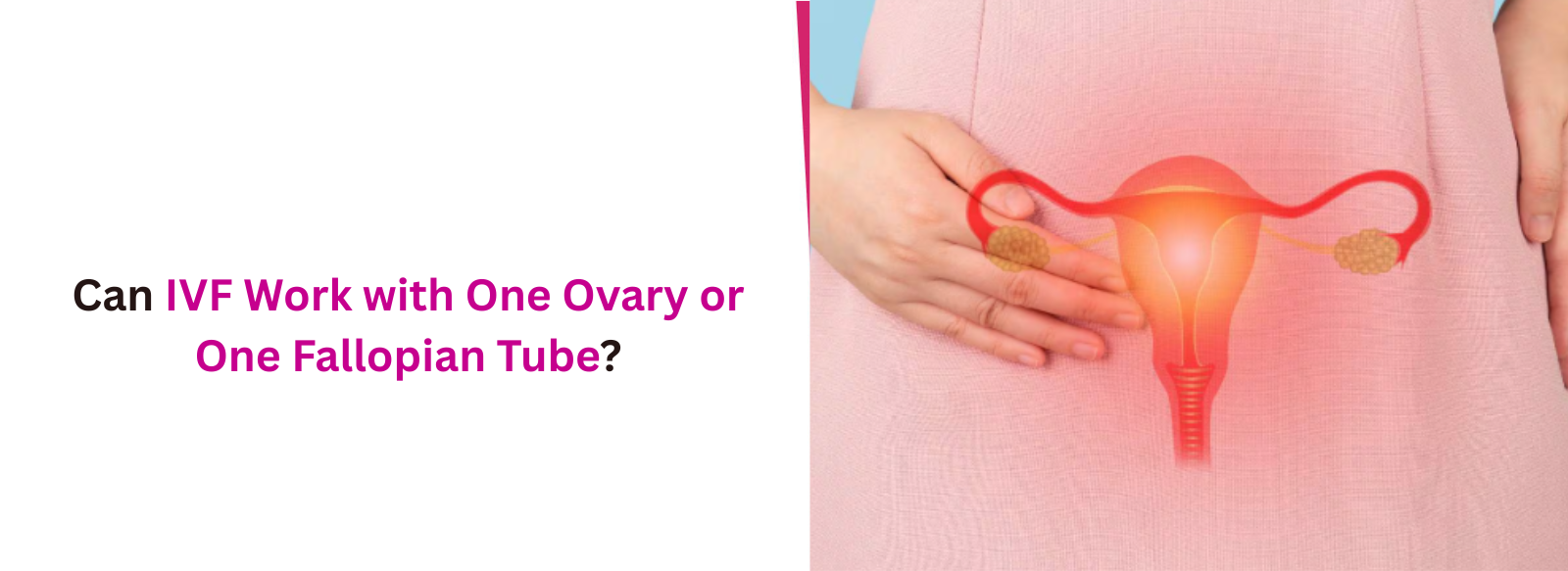- Conception Location: IVF conception occurs outside the body, in a laboratory setting, while natural conception occurs inside the woman's body, typically in the fallopian tube.
- Fertilization Process: In IVF, fertilization is assisted and occurs in a lab dish, whereas in natural pregnancy, fertilization occurs naturally inside the body.
- Control Over Timing: IVF allows for precise timing of conception, as eggs can be retrieved and fertilized at a specific time. Natural conception timing relies on the woman's menstrual cycle and ovulation.
- Number of Eggs: In IVF, multiple eggs can be fertilized and transferred, increasing the chance of multiple pregnancies. In a natural pregnancy, typically only one egg is fertilized per cycle.
- Success Rates: IVF success rates can vary depending on various factors, including the woman's age and fertility health. Similar factors affect natural pregnancy success rates, but the natural processes involved cause them to differ.

